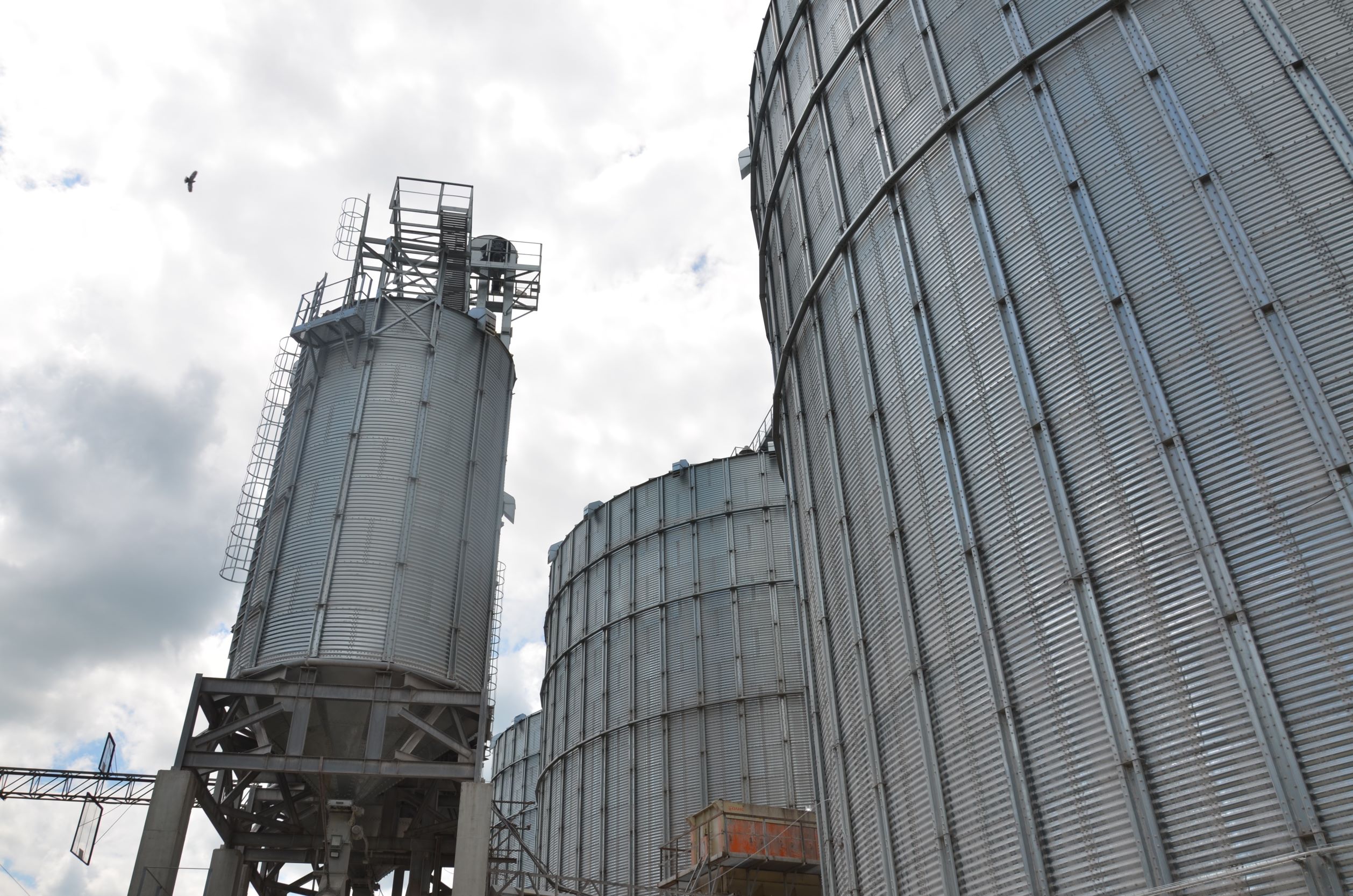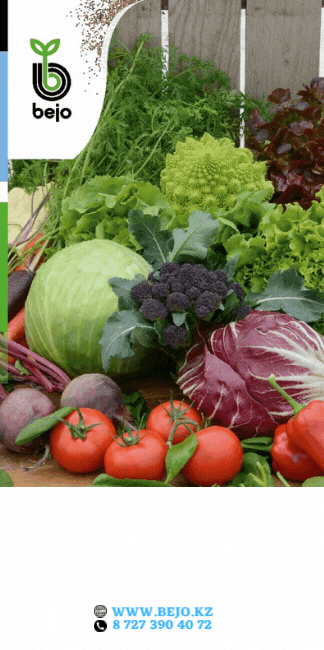
The other day it became known that Japan will fund a project to address the lack of storage facilities for grain in Ukraine. The implementation of these goals will be assigned to FAO, reports World of NAN with reference to the press service of the international organization.
This year Ukraine expects to harvest up to 60 million tons of grain. However, the inability to export does not allow releasing storage space for the new harvest as 30% of the available capacity of granaries is still filled with last year's crop.
FAO believes that the new project should help to cope with the consequences of the war in Ukraine on the global agricultural sector. As for Ukrainian farmers, they will be able not only to save the expected in July and August harvest, but also to ensure the export of important agricultural products to international markets.
For this purpose the restoration of grain storage facilities and functioning of supply chains from harvesting to export is planned. Also, special attention is paid to preserving the productive capacity of local farmers to ensure the continuity of production in the future.
To this end, FAO will provide smallholders with polyethylene hoses for grain storage and equipment for loading and unloading of grain. Medium-sized production enterprises and associations will receive various modular storage containers.
"Support will be provided to farmers in ten regions of Ukraine: in the eastern, southern, central and northern regions of the country," said Pierre Vauthier, head of the FAO office in Ukraine.
In addition, the project will provide technical support to the government to create alternative routes for grain exports, and boost the technical capacity of the Izmail laboratory, which will enable farmers to comply with international standards. Including in the implementation of animal and food quality testing for safety and certification.
"Ukrainian farmers feed themselves, their communities and millions more around the world. Ensuring that they can continue to produce, store safely and have access to alternative markets to sell their produce is vital to securing food, preserving livelihoods, strengthening food security in Ukraine and ensuring that other import-dependent countries have a sustainable and sufficient supply of grain at an affordable price," said Rein Paulsen, Director of FAO's Emergency Operations and Resilience Office.
It should be recalled that Ukraine is one of the world's top five grain exporters, annually supplying the world market with more than 45 million tons of grain.
According to the Ministry of Agrarian Policy and Food of Ukraine, because of the blockade of Black Sea ports, the country still has 18 million tons of last year's crop of grains and oilseeds waiting to be exported. Alternative rail and river routes cannot compensate for the loss of exports by sea and solve the problem of bottlenecks in new possible supply chains, which have yet to be eliminated.
As of June 29, the FAO said it had already provided emergency agricultural assistance to more than 75,000 people, including seed potato and vegetable seed distribution and multi-purpose cash grants. An additional 44,000 people will be supported in the coming weeks to grow vegetables, grains, milk, meat and eggs to feed themselves.
This is the second time Japan has co-funded the FAO Humanitarian Response Program in Ukraine. The first contribution was made in April 2022. This brings the total amount of its funding to 20 million USD. In this way the country's government contributes to preventing the global food crisis that international organizations have warned about. So far, with Japan's additional funding, FAO has been able to raise 30.4 million dollars.
Смотрите больше интересных агроновостей Казахстана на нашем канале telegram,
узнавайте о важных событиях в facebook и подписывайтесь на youtube канал и instagram.









































Обсуждение